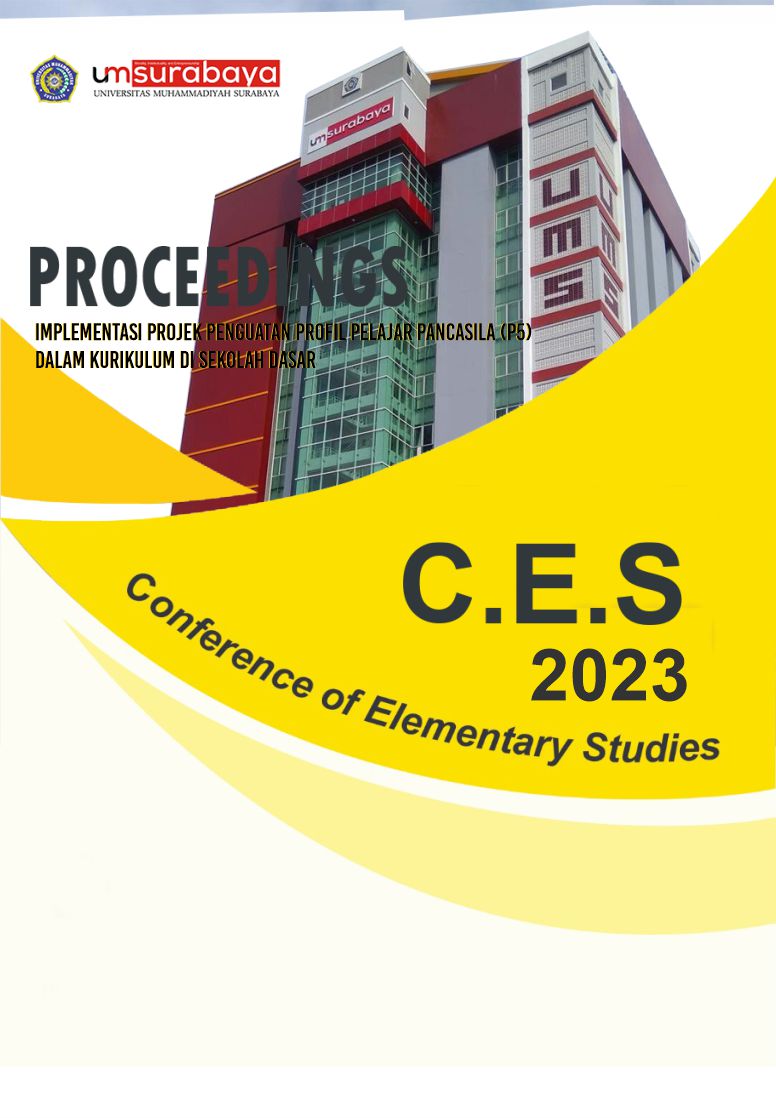IMPLEMENTATION OF LIFELONG LEARNING COMPETENCIES THROUGH LITERACY PROGRAM IN THE SCHOOL LIBRARY MA SULAMUL HUDA MLARAK PONOROGO
Abstrak
Lifelong learning can be developed through literacy programs in school
libraries. This study aims to determine the implementation of lifelong learning
competencies through literacy programs in the school library. The research
method uses a qualitative approach through descriptive research methods to
librarians, four teachers, and 25 students at MA Sulamul Huda Mlarak Ponorogo,
East Java. Through observation, data collection techniques were carried out using
a checklist form for the dimensions of lifelong learning, semi-structured and in-
depth interviews, and literature studies. Data analysis technique is data reduction
using open coding, data presentation, and drawing conclusions. The results of the
study show that librarians organize literacy programs that support the School
Literacy Movement. In practice, librarians act as initiators; teachers become
facilitators and librarian partners in developing literacy programs in schools.
Literacy programs have a positive impact on students, including building
character, increasing knowledge, developing special talents related to
communication and writing, adding experience, building positive relationships
between librarians and students, and intellectual recreation. Communication
competence in a foreign language is one of the lifelong learning competencies that
is not accommodated by the school library program. The obstacle to the literacy
program is managing study time and the role of parents and family at home. This
study concludes that school library literacy programs have supported increased
implementation of lifelong learning competencies for students in several
dimensions.
Â
Keywords: Literacy program; Lifelong learning; School library; School
literacy movement; Librarian.
Referensi
AdabaÅŸ, A., & Kaygin, H. (2016). Lifelong learning key competence levels of graduate students.
Universal Journal of Educational Research, 4(12A), 31–38.
Addison, C., & Meyers, E. (2013). Perspectives on information literacy: A framework for
conceptual understanding. Eighth International Conference on Conceptions of Library and
Information Science, 1–10.
Bonjour, A. (2019). Teacher perceptions of understaffed school libraries (Tesis) [University of
Northern Iowa, Amerika Serikat].
Crary, S. (2019). Secondary teacher perceptions and openness to change regarding instruction in
information literacy skills. School Library Research:Research Journal of the American
Association of School Librarians, 22(1), 1–26.
European Union. (2019). Key competences for lifelong learning. Publications Office of the
European Union. Retrieved.
Fadhli, R., Indah, R. N., Widya, N., & Oktaviani, W. (2020). Strategi perpustakaan sekolah
dasar dalam mengembangkan emotional branding melalui storytelling. JMIE: Journal of
Madrasah Ibtidaiyah Education, 4(1), 68–85.
Fitzgerald, M. A. (2019). Evaluation information: Information literacy. Information Literacy,
(1), 1–35.
Ganggi, R. I. P. (2017). Pendidikan pemakai di perpustakaan sebagai upaya pembentukan
pemustaka yang literasi informasi.
Hairani, E. (2018). Pembelajaran sepanjang hayat menuju masyarakat berpengetahuan.
Kovalik, C., Yutzey, S., & Piazza, L. (2013). Information literacy and high school seniors:
Perceptions of the research process. School Library Research (SLR),






